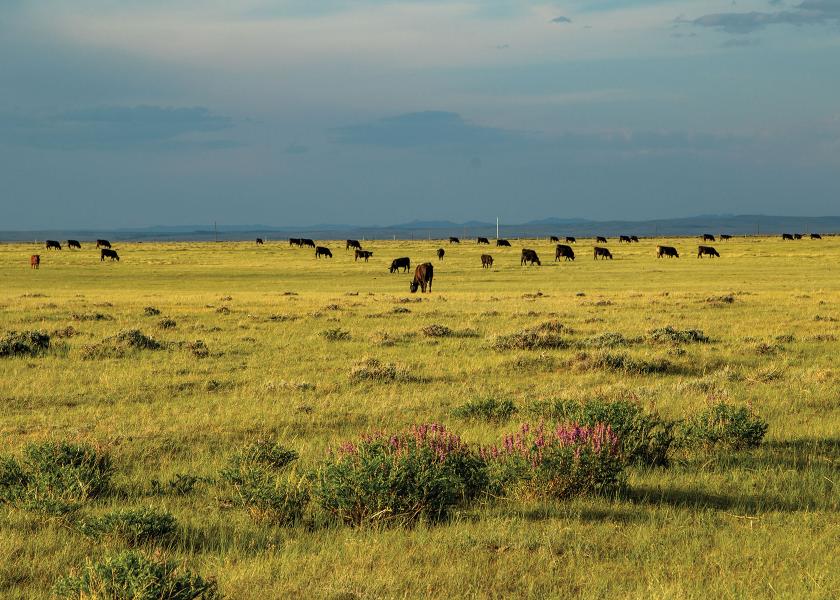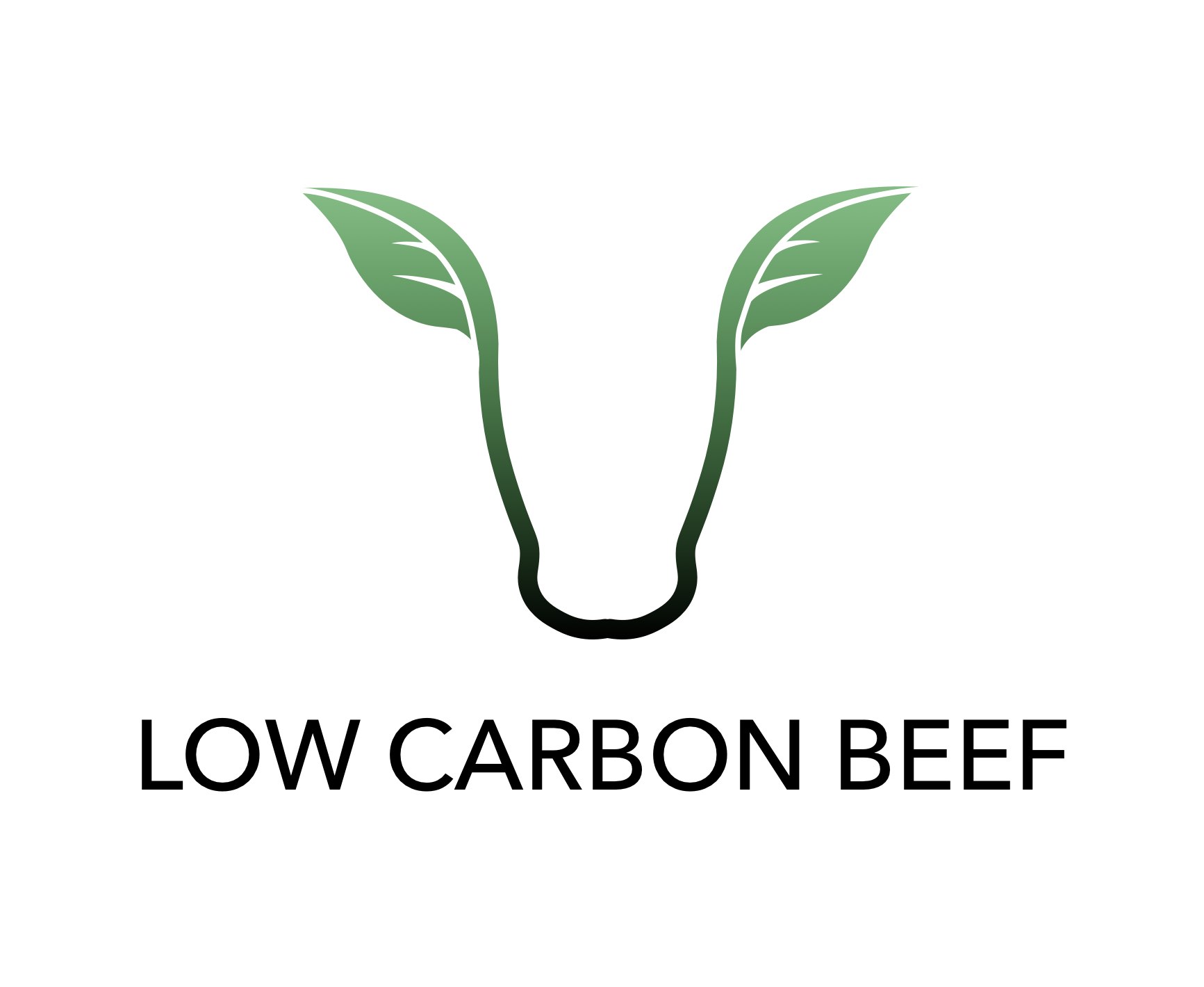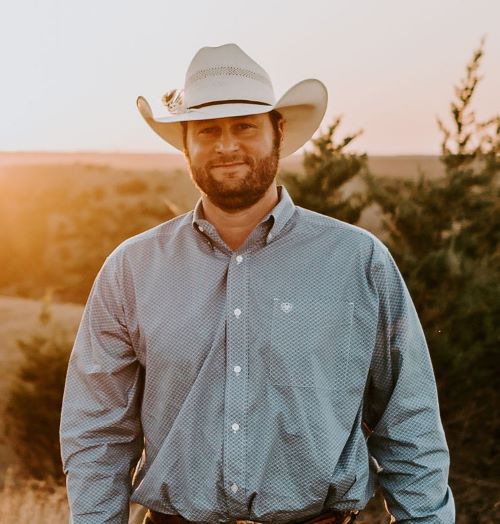Low Carbon Beef Gains First USDA PVP Service Provider Status

Demand for beef may be strong, but increasingly consumers say they are concerned about the carbon footprint of livestock production. Now, consumers who seek beef products with a lower carbon footprint may soon have more options.

Low Carbon Beef, LLC, a cattle certification program that enables farmers and ranchers to earn premiums on their cattle by reducing carbon emissions in their operations, announced it has secured approval as a USDA Process Verified Program (PVP) Service Provider from USDA’s Agricultural Marketing Service (AMS). This is the first USDA PVP for calculating the life cycle GHG emissions for beef production. The PVP will enable beef providers to differentiate and market beef that is raised with reduced greenhouse gas emissions (GHGs).
Low Carbon Beef is the creation of Colin Beal, a rancher at heart, with a Ph.D. in engineering from the University of Texas. Beal grew up on the science-side of the business by working Angus cattle with his father, Dr. W.E. “Bill” Beal, who was an animal science professor at Virginia Tech.
In an interview with Drovers, Beal said the idea for Low Carbon Beef is based on the fact research suggests more than 70% of consumers are concerned about the impact cattle have on the environment.

“People may love beef, but they also want to feel good about the food they are eating,” Beal said. “There are a lot of people who have stopped eating beef because of the impact on the climate.”
Beal believes beef’s carbon footprint is often misrepresented in media reports which has had an impact on consumer perceptions. Yet, he sees the opportunity for ranchers to deliver a lower carbon footprint product to consumers and reap the rewards.
“We need to do more than talk about change, we have to be able to measure it, verify it, and provide a better product for consumers,” Beal said. “The Low Carbon Beef certification provides consumers the ability to purchase beef that is produced with efficient and sustainable methods, while also supporting market-based premiums for beef producers. Farmers and ranchers who put sustainable practices in place, and the packers who support reducing emissions, deserve a premium for the work they are doing to improve beef’s carbon footprint. LCB provides the third-party data that retailers, restaurant operators, and consumers need to be confident they are making a more sustainable choice.”
Beal made a career out of mapping life-cycle assessments for clients including NASA, Cornell, Duke, and others while working as a ranch hand and range rider for commercial ranches in Wyoming. A solar panel mounted on his truck allowed him to feed data to his engineering clients from his solo post in the Rocky Mountains. Today, his consulting company has grown to a handful of engineers who do sustainability analysis for energy and agricultural products.
As the U.S. beef industry continues to improve the sustainability of beef production, the Low Carbon Beef (LCB) Certification is designed to provide a quantifiable measure for cattle raised with a reduced carbon footprint. The LCB process verifies that cattle have been raised with reduced greenhouse gas emissions using a comprehensive lifecycle assessment that quantifies the impact of sustainable herd management practices and cattle performance throughout the life of the animals.
Family farms, cattle ranchers, feedyards, and beef packers are eligible to enroll their cattle for the LCB certification. To qualify for the program, cattle must demonstrate at least 10 percent lower greenhouse gas emissions than the industry standard baselines based on the Low Carbon Beef Scoring Tables. Cattle are measured across 20 criteria associated with feeds, fuels, fertilizers, and cattle function (performance). LCB’s research indicates that 71 percent of consumers expressed they are willing to pay a premium for beef certified as being produced with sustainable methods. This certification supports that growing consumer demand for environmentally sustainable goods.
“We have met many farmers and ranchers who are eager to show how their practices are producing more sustainable beef. This program allows these animal caretakers and environmental stewards to document and validate their efforts,” Beal said. The LCB team is available to help farmers and ranchers analyze what practices can be implemented to qualify for the program.
The USDA Process Verified Program is a verification service that offers beef producers and retailers with a unique way to market their products to customers using clearly defined, implemented, and transparent process points. To receive this PVP approval, LCB underwent a rigorous audit by the USDA’s AMS and will undergo periodic USDA audits in the future to ensure that the program is being conducted properly. As a science-based program, LCB will continuously improve their lifecycle assessment calculations as the field continues to learn more about greenhouse gas impacts from beef production, including new research on soil carbon sequestration, anti-methane feed additives, anti-ammonia feed additives, bioenergy production from manure, and genetic influences on methane production, among others. By implementing ongoing innovations to reduce greenhouse gas emissions and continuing to provide beef producers with guidance on economical ways to reduce their emissions, LCB aims to provide additional certifications in the future corresponding to larger emissions reductions, such as 25%, 50%, and even carbon-negative beef certifications.
Low Carbon Beef is actively enrolling cattle for certification and exploring related research pilots with supply chain partners. LCB also offers customized economic and environmental assessments to enable specific cattle operations to understand how many GHG emissions they generate and economic considerations for reducing those emissions. Interested parties are encouraged to learn more and submit an inquiry at LowCarbonRanch.com.
About Low Carbon Beef
Low Carbon Beef LLC is a USDA Process Verified Program service provider that certifies cattle raised with reduced GHG emissions, enabling cattle producers to earn premiums for cattle that qualify for the PVP. There is no cost to producers for participating in the program. Founded in 2018, LCB is the only lifecycle-based approach to certifying beef with a significantly reduced carbon footprint over U.S. baseline beef production. The LCB methodology was developed by experts in lifecycle assessment and animal science to provide consumers with the ability to differentiate beef produced with reduced GHG emissions and to provide the cattle industry with a way to quantify and document commitments to sustainability. Learn more at LowCarbonRanch.com.







